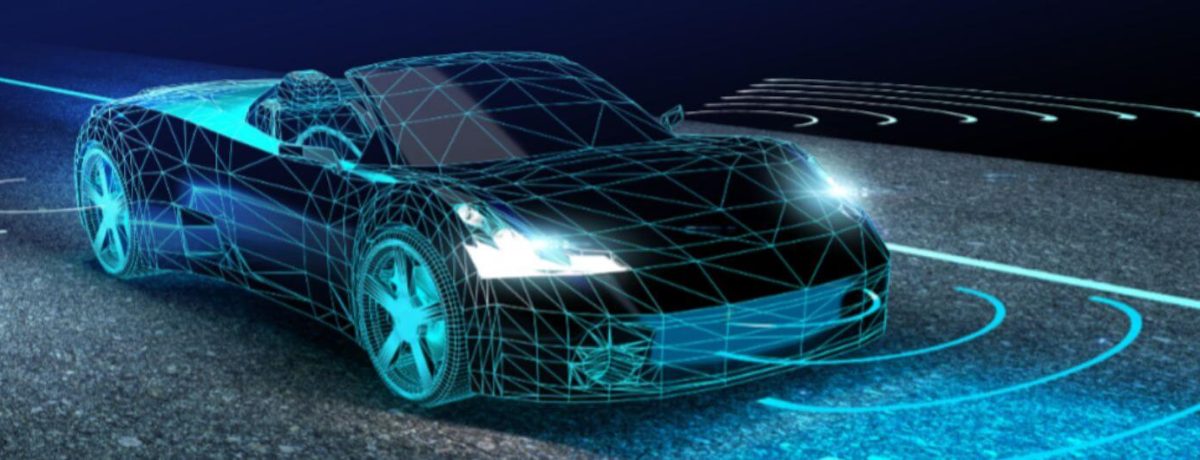In our latest Legally Consumed podcast episode, our co-hosts were joined by special guest Professor Michael Milford. Professor Milford works at Queensland University of Technology, specialising in robotics and autonomous vehicles (AVs). This blog delves into the influences of human psychology on the development of artificial intelligence, inhibitors of driverless car adoption and the legal implications of autonomous vehicles.
Human Psychology
Professor Michael Milford’s extensive research is grounded on an understanding of perceptual and spatial intelligence to create and apply general intelligence.
The brain is deeply complex with 80 – 90 billion neurons and further expanse of neural connections. Much modern artificial intelligence (AI) is developed by referencing large neural networks and mirrors to some extent human intelligence processes. Most modern AI systems are trained on large amounts of data which are analysed for patterns and correlations and to use these simulations to make predictions about future events. In the case of AV, vehicles could adapt to past experiences based on new data or observations, leading them to be able to ‘read the road’ using information from past events.
Inhibitors of Driverless Car Adoption
Professor Milford identifies two main areas inhibiting the widespread adoption of driverless cars. The first issue surrounds the technical capabilities of AVs and whether they are sufficiently capable of completing more complex autonomous tasks. In the episode, Professor Milford mentions that for simpler tasks such as autonomous delivery, the argument can be made that they’re already technologically capable. Some key technical issues that continue to impede the use of AVs include interaction with vulnerable road users, the constantly changing environment including weather conditions such as rain, snow or fog and the reliance on simulation due to the limited sample of data collected in real-world conditions.
The second issue inhibiting adoption is the economic case for AVs as the margins for this technology aren’t as good economically. Professor Milford mentions in the case of autonomous delivery there are already highly efficient and streamlined systems in place for delivery that are more cost effective. AV development and technological progress is also limited by the amount of capital available for research and development.

Legal Implications of Autonomous Vehicles
A current topical concern in the AV industry surrounds cyber security risks. Scrutiny on the industry due to the potential to weaponise autonomous vehicles has pushed researchers to take protective measures. However, getting a one hundred percent guarantee on the safety of an AV is virtually unachievable in the case of these systems. Consumer vehicles are particularly vulnerable to cyber security risks especially if they’re out and about on the roads.
When assessing a situation in terms of liability, Professor Milford highlights that unlike many accidents involving conventional cars, with AVs you will be able to decipher and understand exactly what has gone wrong when the vehicle is in an accident. Professor Milford states that his main concern is that there won’t be sufficient liability traced back to executives and decision makers in these corporations. He discusses the balance between regulation, which is clearly important, against over-regulation which can stifle innovation.
To find out more about Professor Michael Milford and AVs, tune into our podcast, Legally Consumed where we explore the consumer products space. Keep up to date with new episodes of Legally Consumed by following us on your preferred podcast listening platform or check out our socials!
For more information on Professor Michael Milford and his continuing work in the robotics and autonomous vehicle space, head to his LinkedIn account.
Keep up to date with new podcast episodes by following us on Apple Podcasts, Google Play or Spotify.
LinkedIn: https://www.linkedin.com/company/cie-legal/
Instagram: https://www.instagram.com/cielegal/
Email: info@cielegal.com.au



